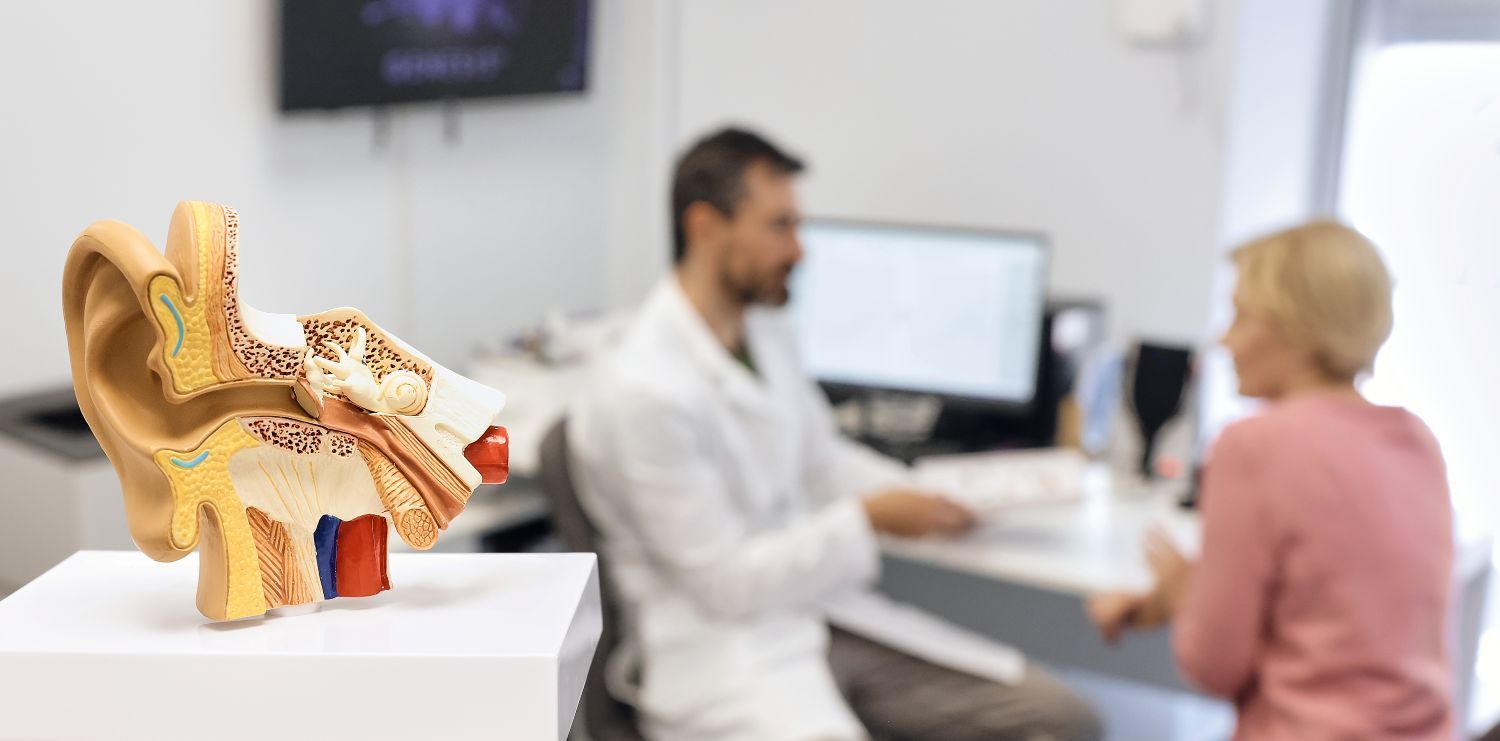Understanding Labyrinthitis: Causes, Symptoms, and Treatment Options
Have you ever felt an abrupt onset of dizziness, persistent vertigo, or unusual issues with your hearing? If you have, you may be suffering from labyrinthitis, an inner ear ailment that disrupts your balance.
Let's explore labyrinthitis, its causes, the symptoms to be vigilant about, and the available treatments to restore your equilibrium.
What Is Labyrinthitis?
Labyrinthitis is a condition that affects the labyrinth, a structure in your inner ear that plays a crucial role in your balance and hearing. When your labyrinth or one of the nerves within your labyrinth is inflamed or irritated, it can hinder your hearing and balancing capabilities. This is because your brain is attempting to make sense of inconsistent data between your healthy labyrinth or neuron and your sick one.
Causes of Labyrinthitis
Labyrinthitis knows no age boundaries and can affect individuals of all ages. The illness can be caused by viral or bacterial infections, and a number of factors can trigger it, including:
● Respiratory conditions like bronchitis
● Viral infections affecting the inner ear
● Gastrointestinal viruses
● Herpes viruses
● Bacterial infections, notably bacterial middle ear infections
Symptoms of Labyrinthitis
Here's a more detailed look at the symptoms you may experience if you have labyrinthitis:
Dizziness and Vertigo
The most prominent and unsettling symptom of labyrinthitis is dizziness. This sensation can be overwhelming and may leave you feeling disoriented and unsteady on your feet. Nausea and vomiting are common companions to these dizzy spells.
Hearing Loss and Tinnitus
Labyrinthitis can also impact your hearing. Tinnitus, or the feeling of ringing, buzzing, or other strange sounds in your ears, is also a common symptom of labyrinthitis. These auditory problems can be distressing and have a substantial impact on your quality of life.
Ear Pain
Some individuals with labyrinthitis experience ear pain or discomfort, particularly if the condition stems from a middle ear infection. The pain may vary in intensity, from mild to severe, and can be a source of considerable discomfort.
Imbalance and Unsteadiness
Apart from dizziness, labyrinthitis can cause issues with balance and coordination. You might feel unsteady on your feet, which can make walking or even standing still a challenge.
Treatment Options for Labyrinthitis
Treatment for labyrinthitis depends on the underlying cause, the severity of your symptoms, and your overall health. At ENT Medical & Surgical, we offer a range of treatment options tailored to your specific needs:
Medications
An antibiotic may be prescribed if you have bacterial labyrinthitis.
Vestibular Rehabilitation
Vestibular rehabilitation is a specialized form of physical therapy designed to enhance your balance and reduce dizziness. These exercises can significantly improve your quality of life by reducing the impact of vertigo and unsteadiness.
Surgery (In Severe Cases)
Although surgical intervention is relatively rare for labyrinthitis, it may be considered in severe cases that do not respond to other treatment options.
Labyrinthitis can be challenging to cope with during your recovery. It is essential to have a supportive healthcare team to help you throughout the process. At ENT Medical & Surgical, we specialize in diagnosing and treating inner ear disorders like labyrinthitis. If you or a loved one is experiencing symptoms, don't hesitate to reach out for professional care.













